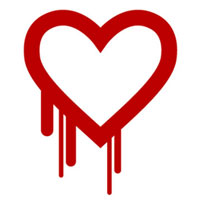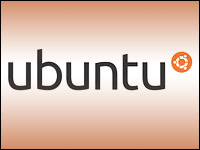
TheSoftware Freedom Law Center is challenging Verizon’s use ofBusyBox open source code in the wireless routers provided to its FiOS customers.
SFLC has filed suit against Verizon in the U.S. District Court of New York on behalf of BusyBox developers Erik Andersen and Rob Landley, alleging that the carrier has violated the terms of the GNU General Public License version 2, under which BusyBox was deployed.
BusyBox — a set of tools for computers with limited resources, such as cell phones, PDAs (personal digital assistants) and other small, specialized electronic devices — is used in products sold by more than 100 manufacturers all over the world, including IBM, Nokia, HP and Siemens, according to the suit.
Verizon has allegedly been distributing BusyBox since November 1999.
Under the GPL, Verizon is allowed to modify and redistribute BusyBox, so long as it meets certain conditions — among them publishing the source code to the value-added software.
Verizon is infringing the GPL by distributing a proprietary product based on BusyBox — the Actiontec MI424WR wireless router, which contains embedded executable software — without making the source code public, the suit maintains.
Developing Trends
While it is impossible to determine any lawsuit’s merits based on the initial pleadings, this filing is indicative of some interesting trends developing in the open source space.
For starters, this is not the first time the SFLC has filed suit on behalf of BusyBox developers. Created to support and address the IP issues in open source licensing, it has taken on a number of smaller companies in California and Europe on their behalf. Verizon, though, is its biggest target to date.
There is momentum developing to litigate open source licensing violations, fueled in large part by the release this summer of GNU GPLv3, which set forth more aggressive enforcement provisions, said Doug Levin, founder and CEO ofBlack Duck Software.
“What the Center is trying to do is address the failure [of companies] to release source code for software based on GPLv2 licenses,” he told LinuxInsider.
“It has consistently taken the position that failure to comply with all terms terminates the license, and the licensee becomes a copyright infringer.”
More suits will follow in 2008 as open source advocates step up enforcement, Levin predicts. “Demand for open source is beyond the tipping point — mainstream corporations are using open source in their development.”
With open source advocates taking a more aggressive stance on these intellectual property issues, some companies may be blindsided, Ed Walsh, a partner with Wolf Greenfield, told LinuxInsider.
“People were getting lulled by a false sense of security that there were no legal issues,” he remarked.
Version 3
That is definitely not the case, Walsh continued. “Any for-profit company will find it nearly impossible to use proprietary software and open source — and still comply with the terms and conditions in v3.”
That’s because the license requires disclosure of any value-add changes to the source code, which a for-profit company is likely reluctant to do.
Consider the Verizon suit. It appears the carrier didn’t make the necessary disclosures, Walsh said.
The interesting question, though, is not whether — or why — it didn’t, he continued. “Rather, what is more interesting is how much software [code] they would have had to release to satisfy the license.”
That is not something that can be determined from the initial pleadings, Walsh added — which means this case is one that open source advocates and users will carefully watch.




















































